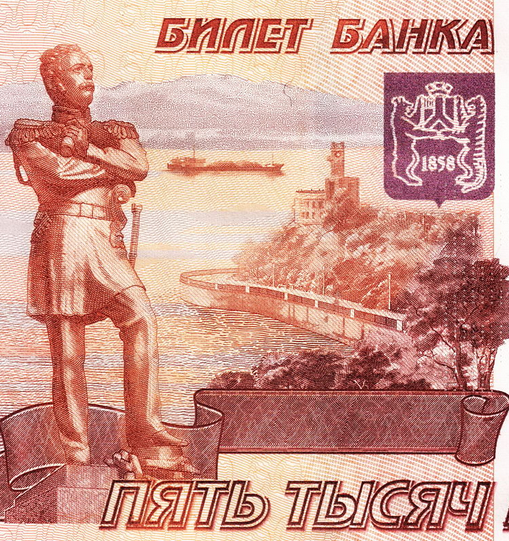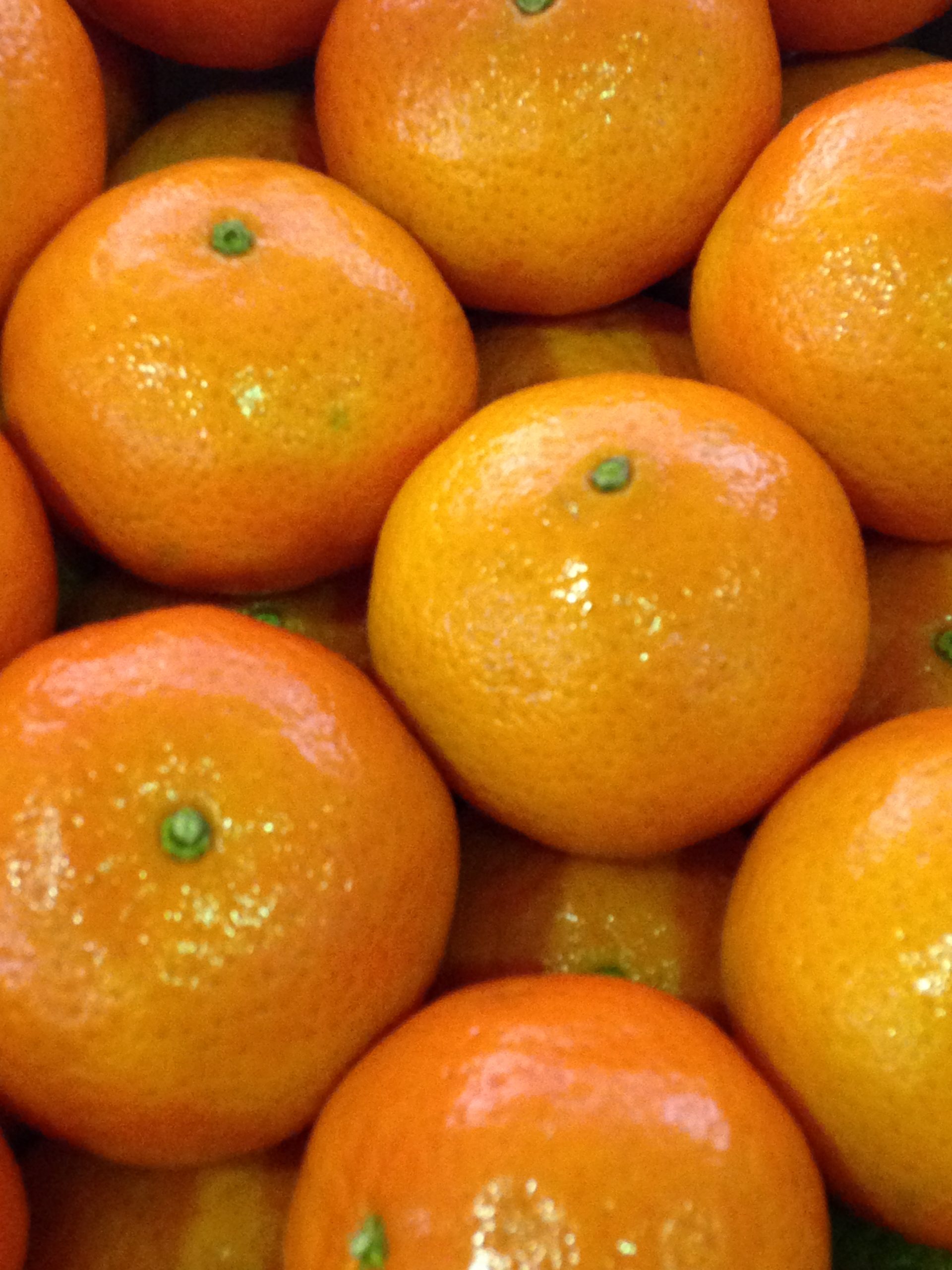Exporters of fruit to Russia urged to demand full payment on loading

South Africa’s Citrus Growers’ Association (CGA) has warned fruit growers of risks of defaults by Russian importers.
Describing the current economic situation in Russia as ‘extraordinary’, the CGA said it is one that demands “extraordinary measures to be taken to prevent losses to SA fruit industry.”
In a message from the CGA representative in Moscow, it advised SA exporters not to ship fruits without 100% payment on the date of loading. “In our view as experts on the spot such condition will be understood and positively accepted by prudent Russian importers. For importers commodities now present better guarantee against losses, than cash in Rubles.”
Forecasts of further decline of oil prices, the present devaluation of Chinese currency, economic problems in Far Eastern countries, and unfavorable news from the New York Stock Exchange are factors expected to see the strengthening of the USD and further weakening of the Ruble, it said.
“So far retail has been loyal to their word given to government to keep prices stable. But with weakening of the Ruble purchasing power in the international markets they will not be able to subsidise the prices, and first of all of imported commodities,” it cautioned.

